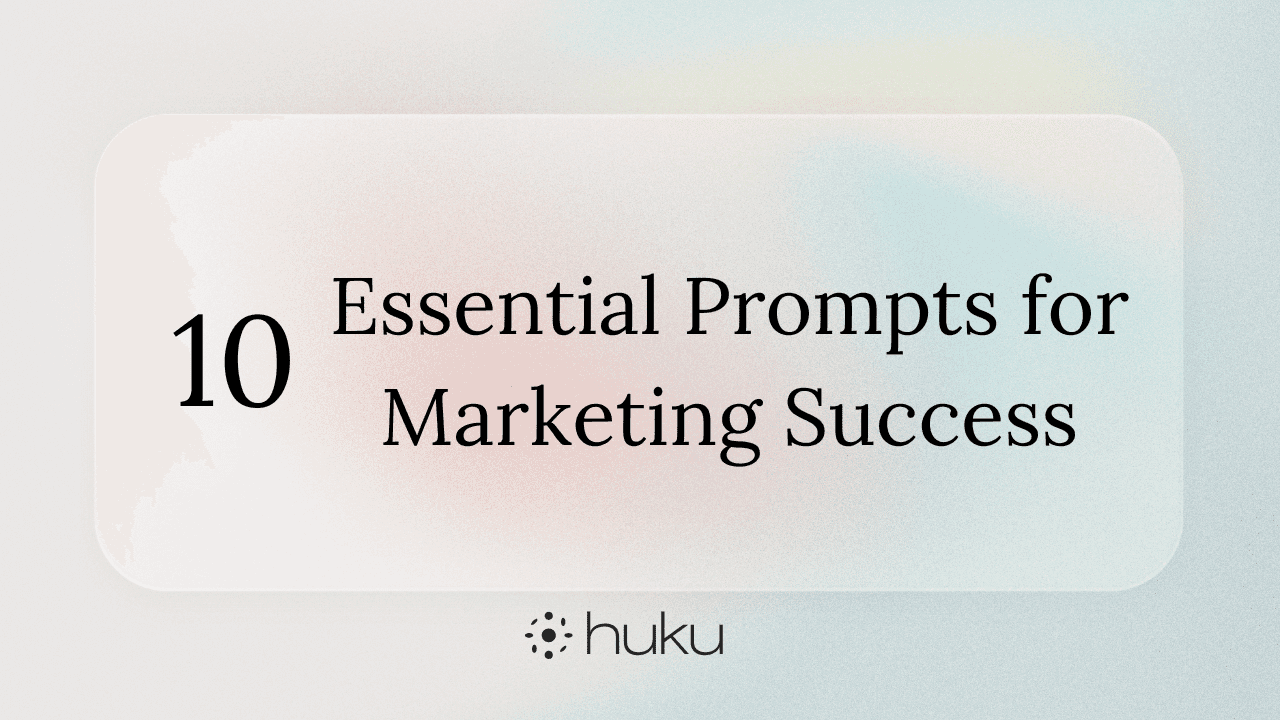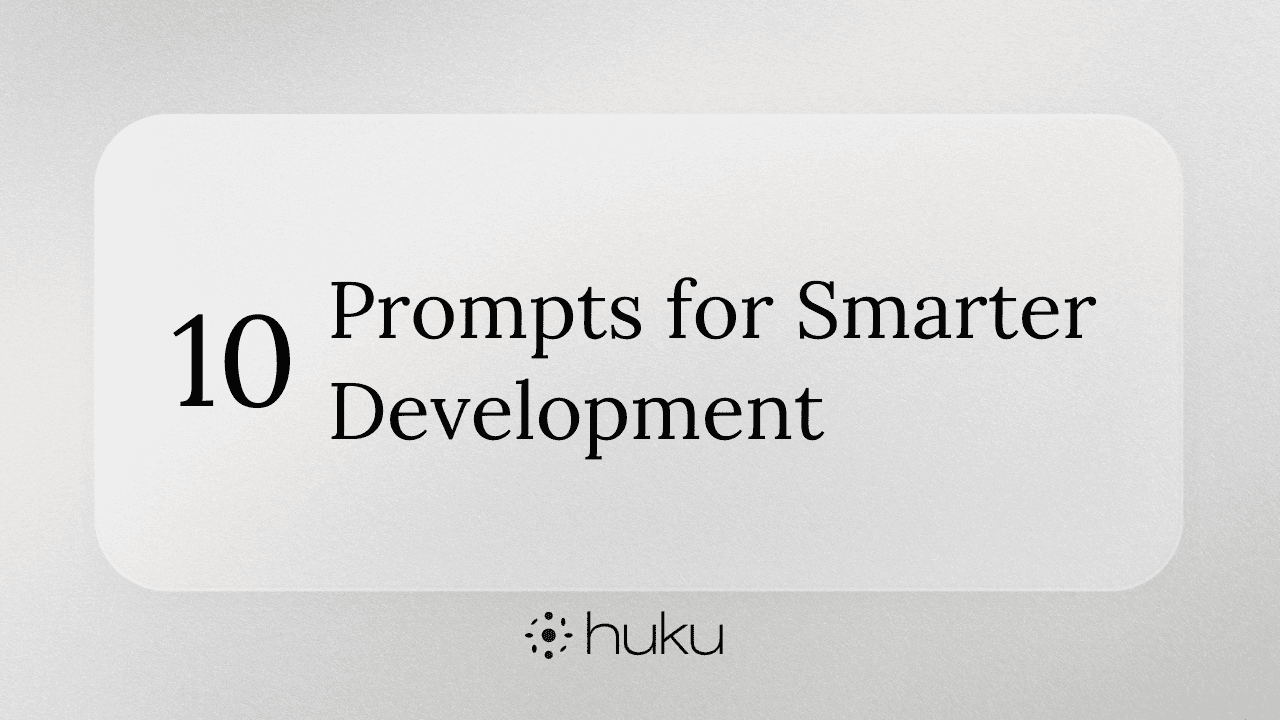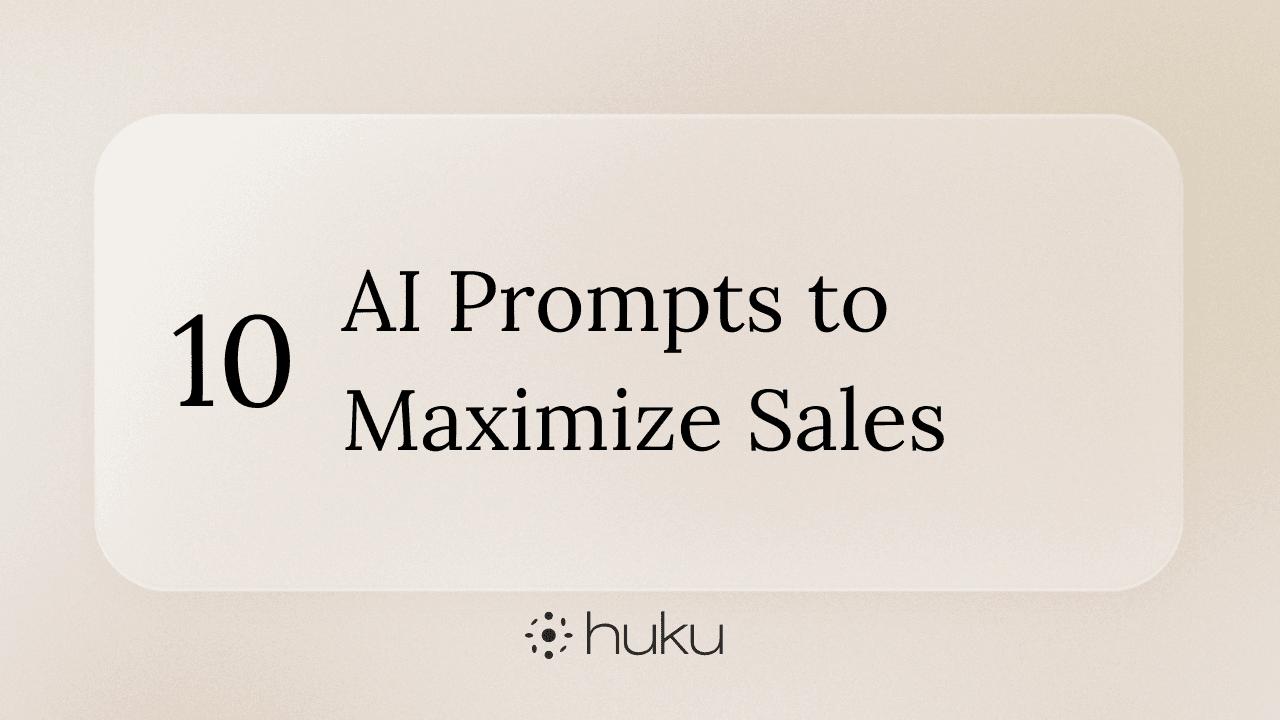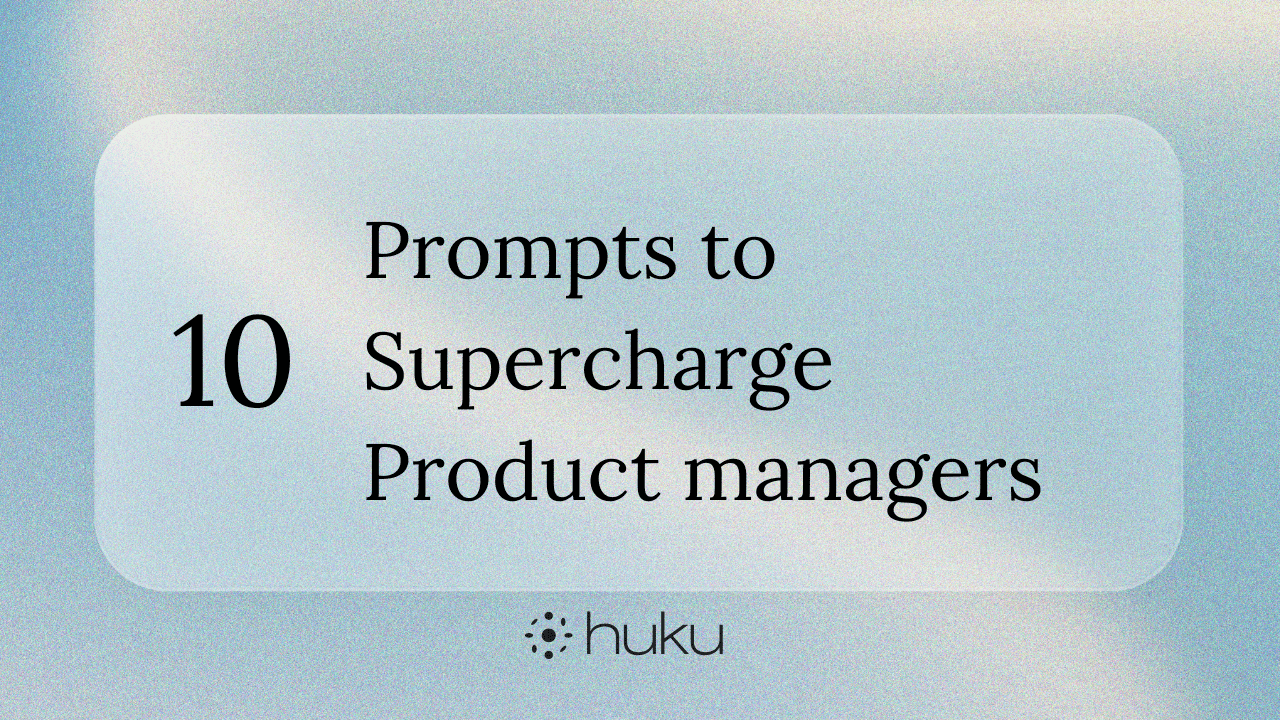AI Applications
Navigating AI Agent Frameworks : Single Agents to Swarms
Author
Jan 23, 2025
What are AI Agent Frameworks?
Think of AI agents as digital apprentices learning to tackle complex tasks. Agent frameworks are like digital toolkits, that gives tools, or libraries designed to create autonomous ai agents. They provide pre-built modules for core functionalities, helping developers create transparent, robust, and scalable solutions efficiently.
But not all AI agent frameworks are created equal. Each comes with its own superpowers and sweet spots. In this guide, we'll explore the leading frameworks, examining their unique capabilities and ideal use cases to help you choose the right one for your project. In this guide, we'll explore the leading frameworks, examining their unique capabilities and ideal use cases to help you choose the right one for your project.
Understanding the Ecosystem
The AI agent framework ecosystem has evolved to address different aspects of agent development, from basic building blocks to complex multi-agent systems. These frameworks can be broadly categorized based on their primary focus and capabilities, helping developers choose the right tool for their specific needs. The landscape can be divided into four main categories: Multi-Agent Frameworks, Development Frameworks, Observability tools and Orchestration Solutions.
Multi-Agent Frameworks
As AI applications grow more complex, the need for coordinated multi-agent systems has become increasingly important. Several frameworks have emerged to address this challenge. These frameworks enable AI agents to work together, share information, and tackle complex tasks through distributed processing.
CrewAI
Platform : Python 🐍
CrewAI has established itself as a pioneer in multi-agent collaboration. The framework excels in enabling AI agents to work together through role-playing and structured communication protocols. This makes it particularly effective for scenarios requiring complex decision-making processes involving multiple specialized agents . Build quickly , deploy confidently and track all your crews !!
The framework specializes in:
Role-based agent organization
Task delegation and coordination
Structured communication patterns
Conflict resolution mechanisms

Source: https://medium.com/the-ai-forum/create-a-blog-writer-multi-agent-system-using-crewai-and-ollama-f47654a5e1cd
Microsoft AutoGen
Platform: Python 🐍
Microsoft's contribution to the field, AutoGen, provides a robust open-source solution for building multi-agent conversational systems. Its strength lies in its structured approach to agent interaction management, making it easier to create and maintain complex multi-agent applications. The framework's architecture ensures reliable communication between agents while maintaining system coherence.Key features include:
Structured agent interaction management
Dynamic agent creation capabilities
Conversation state management
System coherence maintenance

Source:https://www.microsoft.com/en-us/research/project/autogen/
PraisonAI
Platform: Python 🐍
Combining the best aspects of multiple frameworks, PraisonAI offers a low-code solution that integrates PraisonAI Agents, AutoGen, and CrewAI. This synthesis creates a powerful platform for developing autonomous AI systems, making it easier to leverage the strengths of different approaches within a single project.
Its standout features include:
Unified interface for multiple framework integration
Environment-agnostic deployment options
Performance monitoring tools
Rapid problem resolution capabilities

Development-Focused Framework
Development frameworks for AI agents are essentially toolkits that simplify the process of building intelligent agents. They provide structure, pre-built components for common agent functionalities (like memory and planning), and tools for training, testing, and deployment. By offering these resources, development frameworks allow developers to focus on the unique aspects of their AI agent, rather than getting bogged down in lower-level implementation details, ultimately accelerating the development process.
PydanticAI
Platform: Python 🐍
This framework represents a significant advancement in Python-based agent development, combining the robustness of type safety with the elegant simplicity of FastAPI-like features. What sets PydanticAI apart is its model-agnostic design, allowing developers to switch between different language models without major code restructuring. This flexibility makes it an excellent choice for projects that might need to adapt to new language models as they emerge.
Its key capabilities include:
Strict type validation and automatic data parsing
Comprehensive logging and monitoring systems
Efficient caching mechanisms
Built-in error handling and debugging tools

Source : https://ai.pydantic.dev/
Smolagents
Platform: Python 🐍
Developed by Hugging Face, Smolagents emphasizes simplicity without sacrificing capability. It provides a streamlined approach to creating powerful agents, supporting various environments and language models while maintaining a low barrier to entry.
The framework offers:
Streamlined agent development process
Multi-environment support
Integrated testing tools
Efficient resource management
Phidata
Platform: Python 🐍
This framework stands out for its focus on user experience, offering clear interfaces and comprehensive documentation. It excels in building smart agents with memory capabilities and tools, making it particularly suitable for projects requiring sophisticated agent behaviors with minimal implementation complexity.
Key capabilities include:
Advanced memory management
Built-in tool integration
Natural conversation handling
Detailed system logging
Rig
Platform: Rust
Built on the performance-oriented Rust programming language, Rig offers a unique combination of power and accessibility. Its compatibility with various AI models and emphasis on beginner-friendly features makes it an attractive option for developers looking to build robust AI agents without getting lost in implementation details.
Notable features include:
High-performance execution
Multi-model compatibility
Beginner-friendly interface
Efficient task handling
Frameworks with observability
AI Agent Frameworks with observability provide comprehensive monitoring and analysis capabilities through a layered architecture. At the core, agents operate within an execution environment where their activities are continuously monitored.
AgentOpsPlatform: Python 🐍
Focusing on the operational aspects of AI agents, AgentOps provides comprehensive tools for creation, testing, and management. Its emphasis on security and monitoring makes it particularly valuable for production environments where reliability and oversight are crucial.
AgentOps focuses on operational aspects, offering:
Comprehensive monitoring capabilities
Proactive problem detection
Detailed activity tracking
Security-focused implementation

Source:https://ai.google.dev/showcase/agentops
LangGraph
Platform: Python 🐍 and Typescript
Built on top of LangChain, LangGraph extends the capabilities of language model applications by adding support for cycles, control, and persistence. This makes it especially useful for projects requiring complex state management and flow control.
Key Features:
Defines flows with cycles for LLM apps.
Offers control over execution and maintains state.
Enables multi-actor interactions.
Provides visualizations for clarity.
Human in the Loop interaction.

Source:https://www.langchain.com/langgraph
LangSmith
Platforms: Python 🐍 and JavaScript
LangSmith is a unified platform for debugging, testing, evaluating, and monitoring Language Learning Model (LLM) applications. It integrates seamlessly with popular frameworks like LangChain and direct LLM calls to provide comprehensive observability and development tools.
Key Features:
Traces LLM app execution step-by-step.
Debugs, tests, and monitors performance.
Facilitates team collaboration on LLM apps.

Source:https://www.langchain.com/langsmith
Orchestration SolutionsFor managing complex systems of AI agents, where multiple agents need to collaborate, communicate, and work together effectively, specialized orchestration frameworks have emerged. These frameworks provide tools and functionalities to streamline the management and coordination of these intricate systems
AWS Multi-Agent Framework
Platform: Python 🐍
Amazon Web Services' framework provides enterprise-grade solutions for orchestrating multiple AI agents, offering robust tools for coordination and management within AWS environments.
AWS Multi-Agent Framework provides enterprise-grade orchestration with:
Automatic scaling capabilities
Security and compliance tools
AWS service integration
Resource optimization

Source:https://www.infoq.com/news/2024/12/aws-multi-agent/
Swarms Orchestration Framework
Platform: Python 🐍
This framework specializes in managing large groups of AI agents, providing tools for coordinating their collective behavior and enabling efficient scaling of multi-agent systems.
Swarms Orchestration Framework specializes in large-scale agent management, featuring:
Multi-agent coordination
Efficient communication protocols
Workload balancing
Performance monitoring

Choosing the Right Framework
When selecting an AI agent framework, consider the following factors:
Project Requirements: Consider the specific needs of your project, including the level of agent complexity, required integrations, and scaling requirements.
Development Experience: Choose a framework that aligns with your team's technical expertise and preferred development approaches.
Integration Needs: Consider how well the framework integrates with your existing technology stack and third-party services.
Scalability: Evaluate whether the framework can grow with your needs, particularly if you're building a system that might need to scale significantly.

Conclusion
The diversity of AI agent frameworks available today reflects the rapid evolution and growing sophistication of AI applications. From foundational tools to specialized solutions, these frameworks provide developers with powerful options for building the next generation of AI agents. As the field continues to evolve, we can expect these frameworks to become even more sophisticated, offering new capabilities and making it easier to build complex AI systems.
Understanding the strengths of different frameworks enables developers to make informed choices that align with their project requirements and development philosophy. Whether you're building a simple chatbot or a complex multi-agent system, there's likely a framework that fits your needs perfectly—or not, but they give a good starting point to build an initial Proof of Concept (POC) for idea validation.
References:1)Building an Orchestration Layer with SWARM: A Telecom Use Case
2)Create a Blog Writer Multi-Agent System using Crewai and Ollama
3)AWS Reveals Multi-Agent Orchestrator Framework for Managing AI Agents
4)Praison AI - PraisonAI Documentation
7)Build a Flight Search AI Agent with Rust using Rig
About HukU
Huku is all-in-one agentic AI workspace where teams connect their tools, use all top AI models, and integrate their knowledge to amplify productivity and tackle complex projects. Our goal is to augment knowledge workers with human-centric AI experiences that accelerate Human + AI collaboration by automating 80% of repetitive tasks and elevating 20% of strategic work by 10x.
















